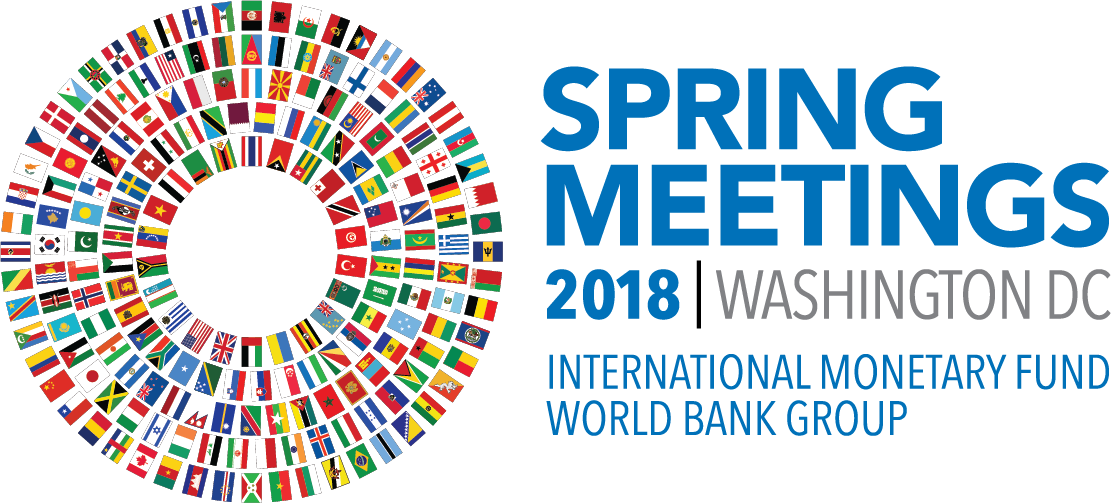
EIPR: World Bank must carefully select partners and comply with strict disclosure of their identities
Press Release
More than half of the Egyptian companies in which the World Bank invests or owns for development purposes have branches in tax havens and secrecy jurisdictions, and one-third of the portfolio of the International Finance Corporation (IFC), part of the World Bank Group, is invested in firms owned by politically connected persons. These are the findings of a report published today by the Egyptian Initiative for Personal Rights (EIPR) titled “Veils of secrecy: evaluating the IFC's role in enhancing tax and ownership transparency in development projects.”
The Egyptian Initiative for Personal Rights releases this report at the same time as the spring meetings of the World Bank and International Monetary Fund, which began on April 17 in Washington DC and will continue until April 22. The report is of particular relevance to the meeting scheduled for April 20, 2 pm GMT, between World Bank officials and civil society organizations focused on tax justice and the disclosure policies of international finance institutions such as the World Bank and IMF.
“These findings are not consistent with the IFC’s mission to enhance disclosure rules and tax transparency in development projects. It is difficult to imagine true development in an economic context where giant corporations do not pay their fair share of taxes on the massive profits they make,” says Osama Diab, anti-corruption and transparency researcher at EIPR and one of the report’s authors.
The EIPR report aims to evaluate in part the developmental role played by the IFC in Egypt. The report is based on an analysis of every project financed by the IFC since it began operating in Egypt in 1995 through mid-2017, relying on documents published on the IFC website, information found on the financed firms’ websites, and data from websites that monitor the activities of companies in tax havens. The researchers also interviewed an IFC official to discuss the findings of the report.
The report additionally includes three case studies selected to offer a deeper look at three dimensions of the relevant issues: first, involvement in tax avoidance; second, the political influence of owners of financed firms; and third, the involvement of the firm or its owner in a corruption case. The report thus offers a closer analysis of EFG-Hermes, the Orascom Group, and Qalaa Holding.
The EIPR believes that the World Bank is shirking one of the developmental roles its investments should ostensibly support. In addition to job creation and advancing economic objectives like support for small and medium enterprises and development projects such as the solar energy project in Aswan, the World Bank and its financing arms must ensure that the firms financed play their role in shoring up tax revenue, which is reflected in more spending on public services. The Tax Justice Network and other official sources estimated that tax avoidance in Egypt cost LE68 billion in 2011/12, or about one-third of all tax revenues that year.
The researchers found that the IFC website does not disclose information about the true, beneficial ownership of 40 percent of the companies it finances. Moreover, 50.5 percent of these firms have branches in tax havens, 21.5 percent operate in domestic free zones, 37 percent are owned by politically connected persons, and 23 percent have been involved in corruption cases in or outside Egypt. Some of these cases ended in conviction, others in acquittal, and some are still pending.
The EIPR welcomes actions being taken by the Egyptian government to combat tax avoidance. These include reevaluating double tax treaties Egypt has signed with other countries and exercising more caution about any such new treaties.
“The World Bank, through the IFC, is not playing a role that is supportive of these Egyptian efforts, which seek to counter profit shifting abroad,” says Abdelhamid Mekawy, a researcher with the Economic and Social Justice Unit at EIPR and one of the report’s authors. “These practices, taking place under the nose of the IFC, deny the state resources for social spending and foster a climate conducive to tax evasion.”
In conclusion, the EIPR calls on the IFC to amend its June 2014 policy to combat tax avoidance to require the IFC to disclose full information about the beneficial owners it finances, to encourage firms to publish more information on their websites, and to adopt a more stringent definition of tax havens.The EIPR also believes that the IFC should focus more heavily on supporting small and medium enterprises that contribute to achieving developmental goals and creating jobs than on supporting politically connected persons.
The EIPR further stresses the need to cease financing or partnering with any politically connected investor or any person previously involved in corruption cases in connection with their business in Egypt.




